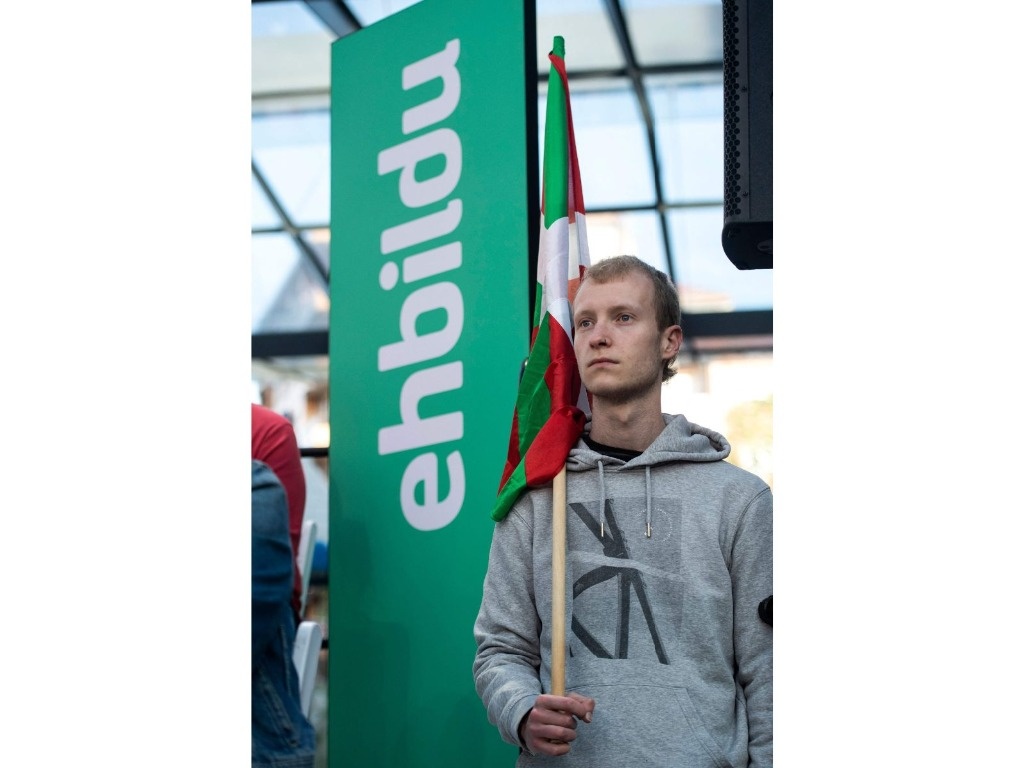Madrid. The Basque Country, the autonomous community located in the north of the Spanish State and made up of three provinces – Álava, Vizcaya and Guipúzcoa – will decide this Sunday its immediate political future, in regional elections in which an overwhelming victory for the independence forces is expected. One million 750 thousand Basque citizens who reside in the region are called to the polls, plus around 81 thousand who do so outside, who will be responsible for distributing the 75 seats that make up the regional Parliament and who will have the power to elect the future government, which for the first time could fall to the pro-independence left coalition, EH-Bildu.
In the last four decades, in which up to 13 regional elections have been held since the restoration of democracy after the long period of Franco’s dictatorship, the Basque Country has been governed by the conservative right of the Basque Nationalist Party (PNV), with the only exception being a legislature in which the Socialist Party of Euskadi (PSE) governed with the support of the Popular Party (PP). The rest of the time there have been consecutive governments of the nationalist right, sometimes alone and in others with specific support, either from the defunct Esker Batua (which was the electoral brand of Izquierda Unida in the region) or from the PSE, which It has been the main support of the Basque government in the last two legislatures.
The political panorama in the Basque Country seems to be taking a new direction, especially due to the rise of the pro-independence left, thanks to the coalition formed by several political parties, including Sortu, which is the political heir of Batasuna, and which represents the hard core of the coalition. But there are also minority formations, such as Aralar, which once distanced themselves from Batasuna due to their rejection of the violent actions of the armed organization ETA.
According to the latest polls, the 75 seats in the Basque Parliament are very fragmented, but EH-Bildu is expected to win between 29 and 31 deputies, almost the same as the PNV, which would be around 28-30. That is to say, both groups, which defend the independence of the Basque Country and the creation of a new State that integrates the other provinces with Basque roots (Nafarroa and Iparralde), would have just over 75 percent of popular support and would add up to more than 60 of the 75 deputies.
The rest of the parties that could obtain parliamentary representation are the PSE, which would have between six and eight; the PP, between five and seven; and Vox, which would maintain the seat it currently has. The future president of the Basque government will be either the EH-Bildu candidate, Pello Otxandiano, and the PNV candidate, Imanol Pradales.
#foresee #overwhelming #victory #proindependence #left #Basque #Country
– 2024-04-20 22:10:55
